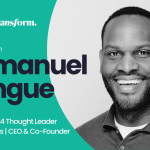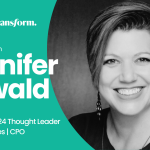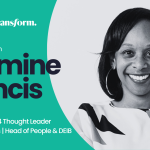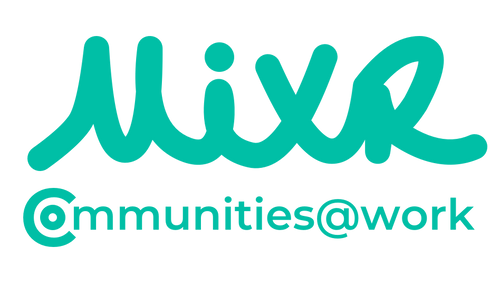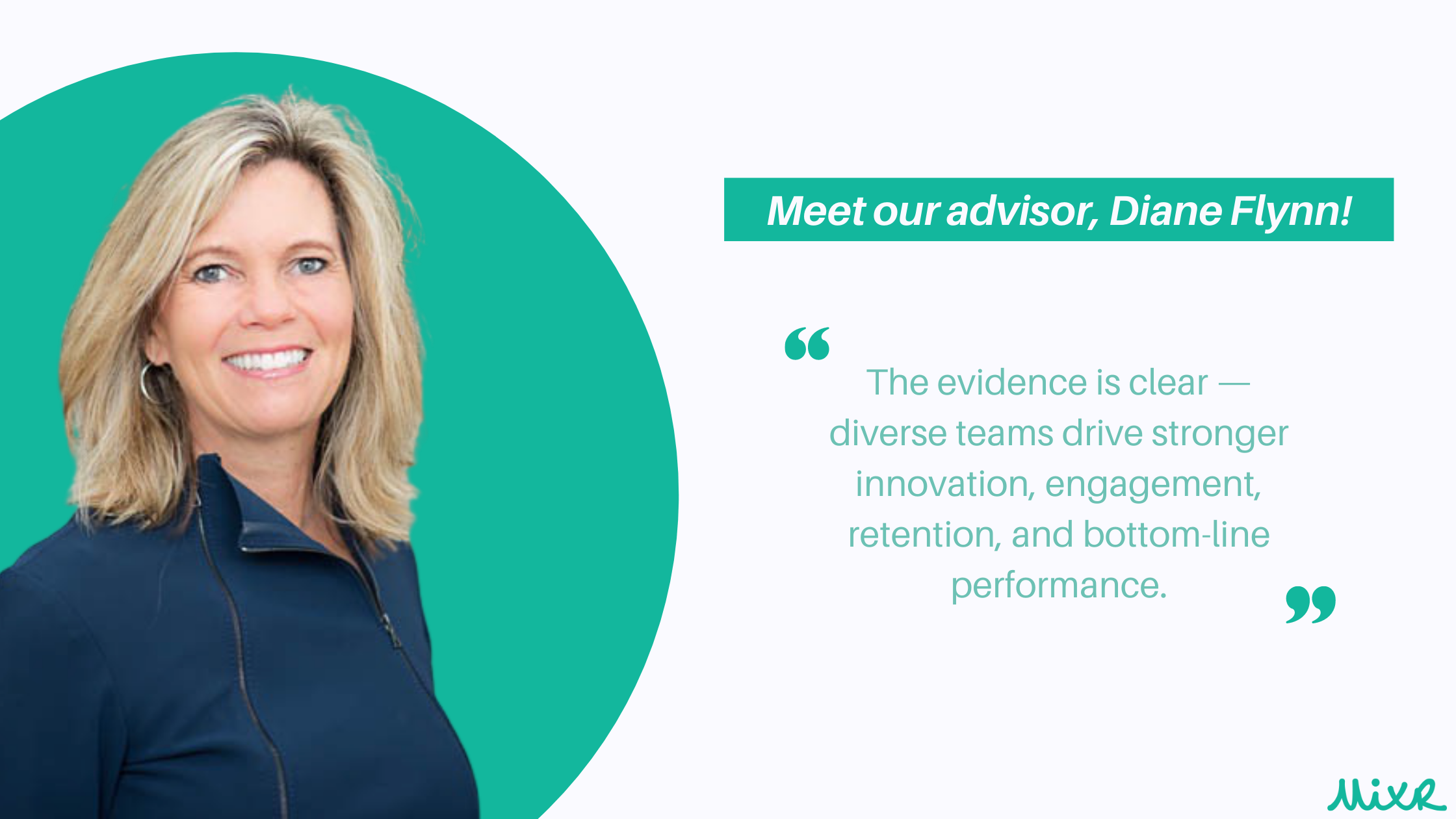
In this week’s edition of our People Spotlight blog series, we’re excited to introduce a member of our board of advisors - or as we like to call them, EnlightenRs - Diane Flynn. As the Co-Founder & CEO of ReBoot Accel, Diane has empowered countless women to lead lives of impact and influence. She is also the Co-Author of The Upside, which outlines a framework for advancing the support of women and makes the business case for gender diversity in the workplace.
The following is a Q&A with Diane about her book and her thoughts on the long-term benefits of diverse teams in the workplace. Read on!
You have many 5 star reviews on Amazon for having touched upon a very key subject of our time: the importance of supporting and advancing women in the workplace. How do you explain this success today?I believe there’s renewed awareness about the importance of supporting underrepresented groups in the workplace. Women have been a focus in recent years, and 2020 has been the year for people of color, at long last. Much research from BCG, Deloitte, and McKinsey has shown the power of diverse teams, when each member of the team feels included and able to show up as their whole self. The evidence is clear — diverse teams drive stronger innovation, engagement, retention, and bottom-line performance. It’s hard to ignore the research and facts. And increasingly, people are saying it’s not only the smart thing to do — it’s the right thing to do. In your book, you reference research from Deloitte that found that 72% of executives agreed that there is a direct connection between gender diversity and business success, but only 28% made it their top priority for senior leadership. It seems we have a long way to go. How do you explain this discrepancy?There are several reasons this has not been a priority. For one thing, we have too many leaders who are from dominant groups, namely white males. It’s understandably difficult to empathize with those in minority groups when you haven’t lived their experience. But I do believe this is changing. Since the social unrest this summer, many CEOs with whom I’m working are striving to lead with empathy, compassion, and understanding. They’re spending time in listening sessions, setting up D&I councils, and taking action like never before. Our business has never been stronger given the ramped up interest in attacking this problem. CD&R, our client who’s a leader in private equity, has committed to providing Inclusive Leadership Training to every single company in their portfolio, along with their own firm. In fact, today I’m heading to a studio to film a segment for their annual meeting, amplifying their commitment to diverse and inclusive workplaces. They are committing with their hearts, minds, time, and dollars — something every company should be doing right now.You mention the power of networks— formal and informal in the workplace — many times throughout your book. What role do you think these networks play? Why are women less often part of these networks? And how do formal networks such as ERGs and communities@work help the advancement of women?One of the major reasons more women don’t advance is the absence of informal networks. Most men have access to these networks on the golf course, at the bar after work, hunting, at sports games, or engaging in other shared interests. Women haven’t had the same access, largely because they’re the “onlies,” they aren’t invited/welcomed, or because they have to get home after work to tend to family needs. One person from the automotive industry mentioned to me that deals were struck in the bathrooms before major meetings! It’s very hard for women to seize opportunities, much less even be aware of them, when they’re left out of these types of networks. ERGs (employee resource groups) are one easy way to allow each member of a minority group to have a majority experience. Code-shifting is a common tendency. This is when women or people of color shift their behaviors to conform to the majority group. Once they are among their own group, they are able to relax and present their authentic selves. ERGs are one place that facilitates this more open, honest dialog. In turn, ERGs can lead to greater engagement, retention, and even product innovation. Many new ideas for products, new markets, and ad campaigns have emerged from ERGs. Belonging and trust is also a prominent theme throughout your book. Why do you think this is such an important subject? What impact does a lack of belonging and trust have on women particularly? Pat Lencioni in his best-selling book “5 Dysfunctions of a Team” speaks to trust as being the most important component of strong teams. Without trust, people won’t suggest new ideas or take risks, which are critical to business growth and success. To speak up, people need to feel safe. They need to know they can speak with their authentic voice and not be hurt or penalized for doing so. There are many great articles and research about women and people of color feeling restrained from speaking up in meetings, or being spoken over. When every voice around the table is not being heard, you are simply not bringing forth the best from that team, which impairs long-term business performance.You published The Upside when Covid started. Now that we’ve had six months of work from home and confinement, how do you think the situation for women in the workplace has changed? Anything you would like to add for your readers?Given that most schools are remote right now, it’s a big concern for women in the workplace. The last study I read suggested that 27% of women are considering dropping out of the workforce because the home demands are too great. It’s discouraging that all the great progress we’ve made over the last several years could be destroyed in a matter of months. I’m working closely with companies to ensure they’re thinking about this issue, and doing everything possible to accommodate those with care-giving needs. I coach many senior women with young children who say work is unsustainable right now. Companies need to be highly communicative and flexible if they want to keep female talent. These are not easy times, but people have long memories. They remember how they were treated when the chips were down, and I believe companies doing it right will see greater long-term engagement and loyalty, and will benefit from the diversity of their teams. We hope you enjoyed this Q&A with Diane Flynn. We encourage you to dive deeper and check out her book, The Upside, as well as the work she’s doing at ReBoot Accel. Stay tuned in the coming weeks for more insights from across our team. In the meantime, discover how MixR can help you achieve your community-building goals.




